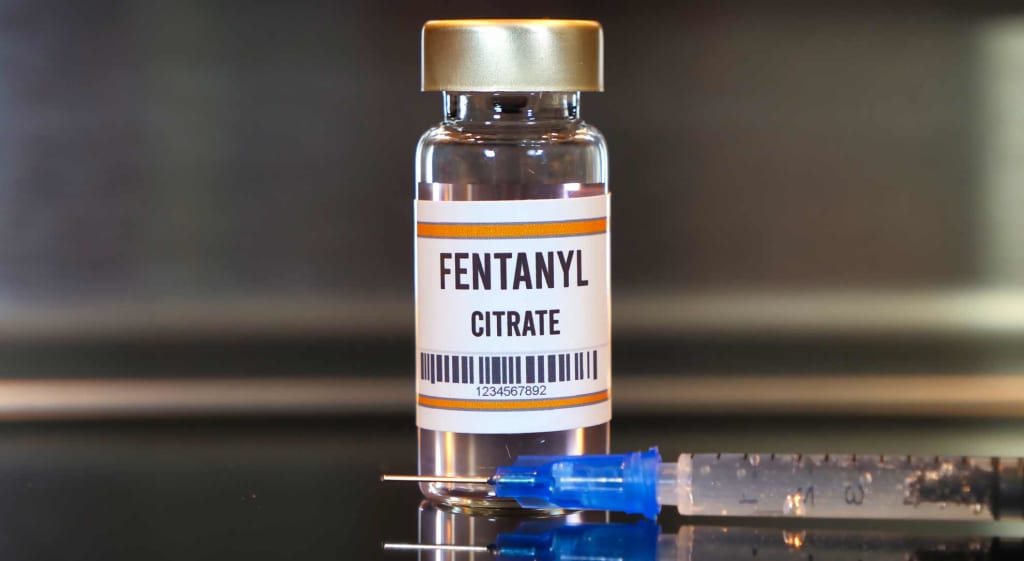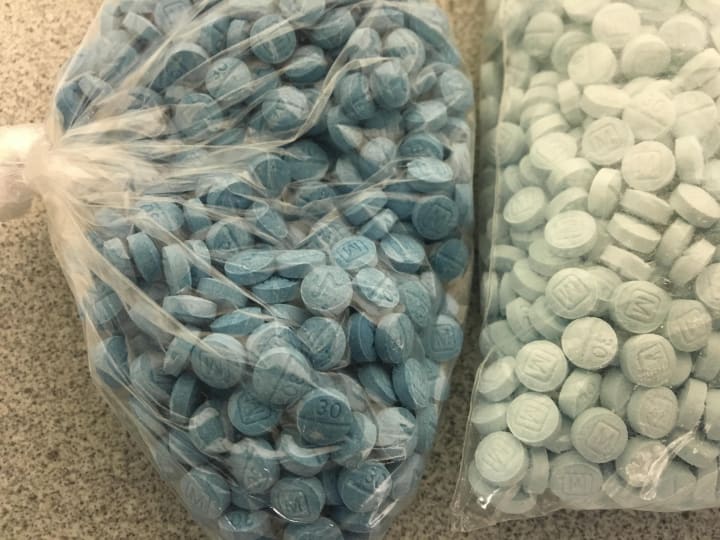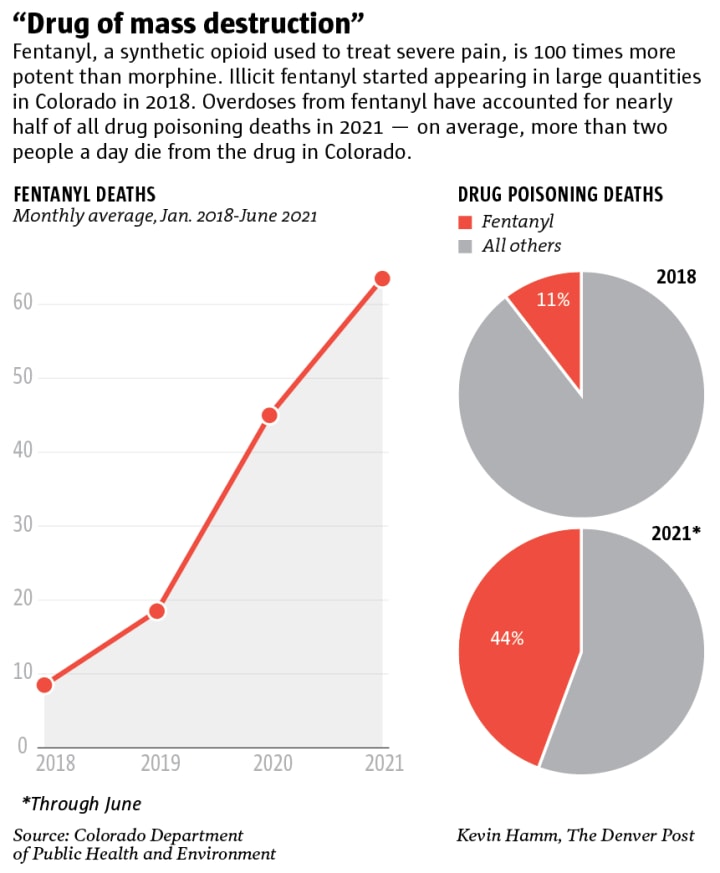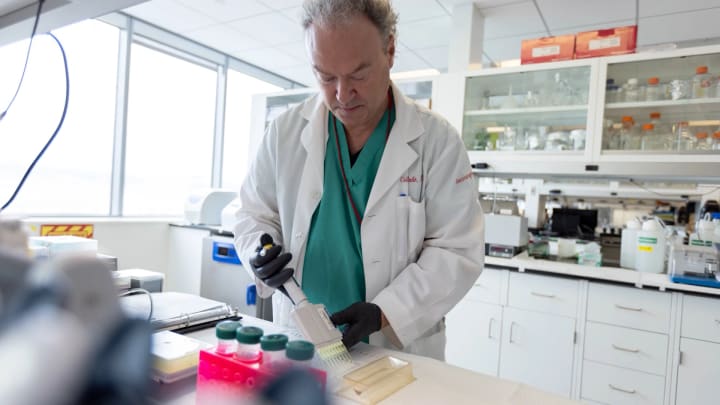New Vaccine To Combat Fentanyl Addiction
More than 70,000 Americans die annually from drug overdoses. However, a potential new vaccine developed by the University of Houston could help change that.

Researchers may have just discovered a potent new weapon in the continuing fight against the opioid epidemic: a vaccination that could prevent fentanyl from accessing the brain.
In recent years, illicit fentanyl production has risen sharply, and deaths from synthetic opioids have increased by more than 50 percent between 2019 and 2020.
Due to its potency, fentanyl is frequently mixed with other illegal substances in order to make them cheaper and more potent. But fentanyl is exceedingly lethal; doses as small as 2 milligrams can be fatal.
The University of Houston team’s findings, published in the journal Pharmaceutics, found that antibodies in their vaccine were able to target fentanyl in the brains of rats, but the study and the vaccine each have their limitations.
First, the antibodies targeted just fentanyl and fentanyl derivatives, but not other opioids such as morphine. In addition, the vaccine has only been tested on rats, while clinical studies on humans are planned for the near future.

“We believe these findings could have a significant impact on a very serious problem plaguing society for years—opioid misuse,” said the study’s lead author, Colin Haile, in a press release. “Our vaccine is able to generate anti-fentanyl antibodies that bind to the consumed fentanyl and prevent it from entering the brain, allowing it to be eliminated out of the body via the kidneys.”
In the 1990s, pharmaceutical corporations promoted opioid pain drugs as non-addictive, according to the CDC. This was revealed to be utterly false.
Since the early 20th century, physicians were aware of morphine's addictive qualities. To fight this, drug corporations began marketing heroin as an alternative pain reliever, and even administered laudanum, a blend of opium and high-proof alcohol, to children for toothache alleviation and diarrhea treatment.
Over a century later, in 2017, the U.S. Department of Health and Human Services declared opioid pill abuse a public health emergency.

In 2019, their data indicates that over 10 million Americans abused prescription opioids, 1.6 million had an opioid medication use disorder, and over 70,000 people died from drug overdoses.
Yet since Richard Nixon declared a “War on Drugs” in June 1971, the feds primarily focused their efforts on the distribution of crack cocaine and marijuana, disproportionately affecting minority groups while doctors and pharmaceutical companies continued to supply their predominantly white patients with perfectly legal opioids.
The irony, of course, is that the majority of people who overdose on opioids — about 70 percent, according to the Council on Foreign Relations — are non-Hispanic white Americans.
In select regions, such as New Haven, Connecticut, up to 94 percent of drug overdoses involve opioids, and of those, 84 percent contain fentanyl, which was first created to treat cancer patients' pain.
As Rutgers University’s Virginia Allread told me in an article for Giddy, citizens of New Haven “were overdosing, and the ambulance would come to pick them up, administer naloxone, get them to the hospital… but then the word got out that this heroin was so good, people were OD’ing on it, so it actually attracted more business.”
The new vaccine from the University of Houston’s researchers, however, could be a “game changer” in treating fentanyl addiction, according to Therese Kosten, senior author of the study.

“Fentanyl use and overdose is a particular treatment challenge that is not adequately addressed with current medications because of its pharmacodynamics,” Kosten said. “And managing acute overdose with the short-acting naloxone is not appropriately effective as multiple doses of naloxone are often needed to reverse fentanyl’s fatal effects.”
Ideally, Haile hopes, the vaccine could help addicted patients “‘get back on the wagon’ to sobriety.”
About the Creator
Rare Stories
Our goal is to give you stories that will have you hooked.
This is an extension of the Quora space: Rare Stories
X(formerly Twitter): Scarce Stories
Official Bookstore: davidkellertruecrime
Writers:
....xoxo






Comments
There are no comments for this story
Be the first to respond and start the conversation.